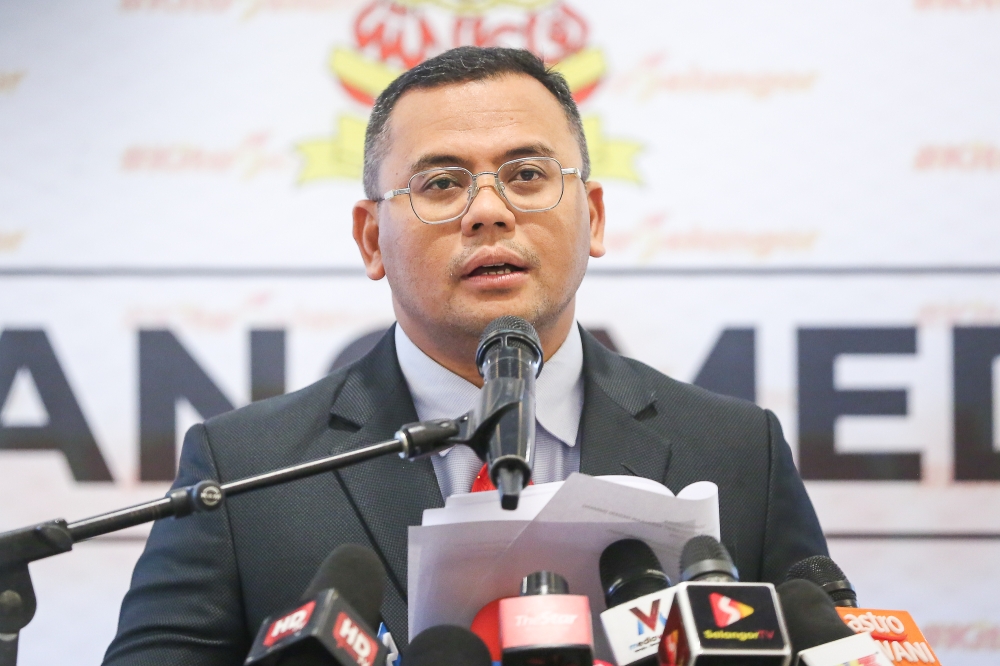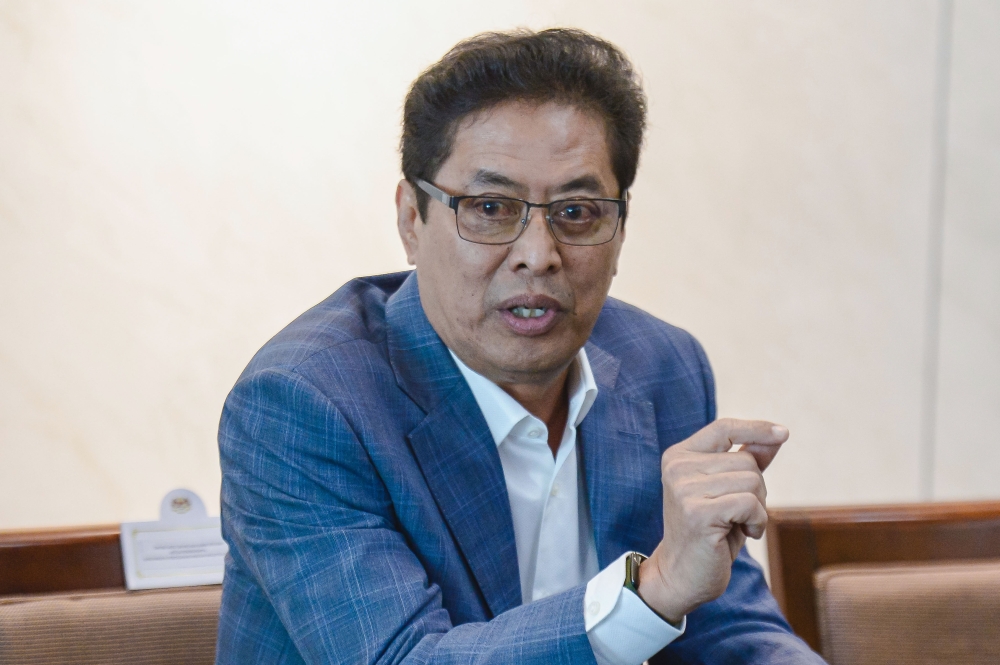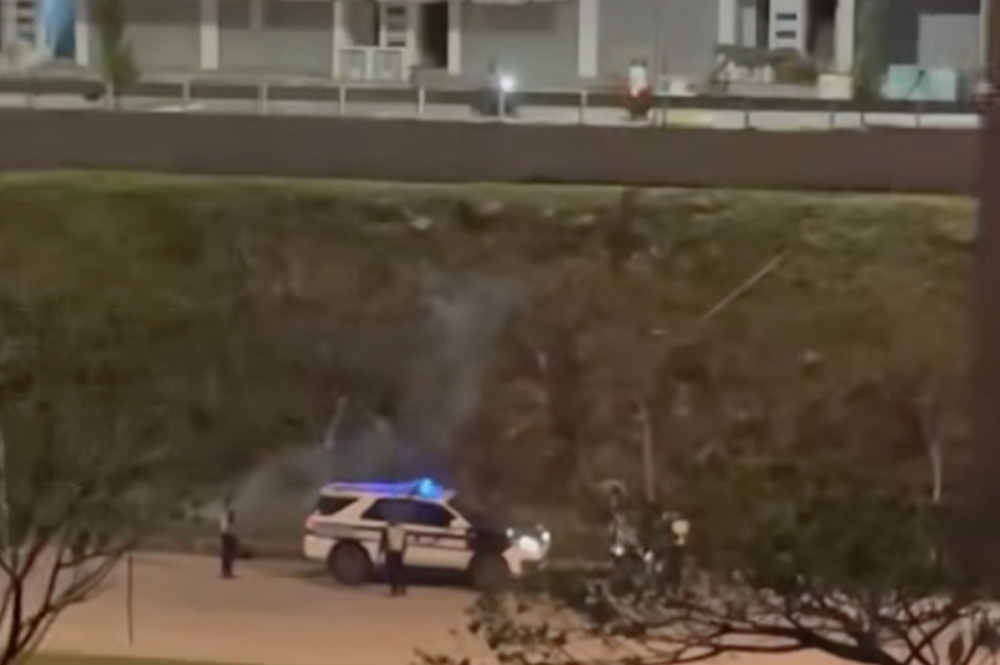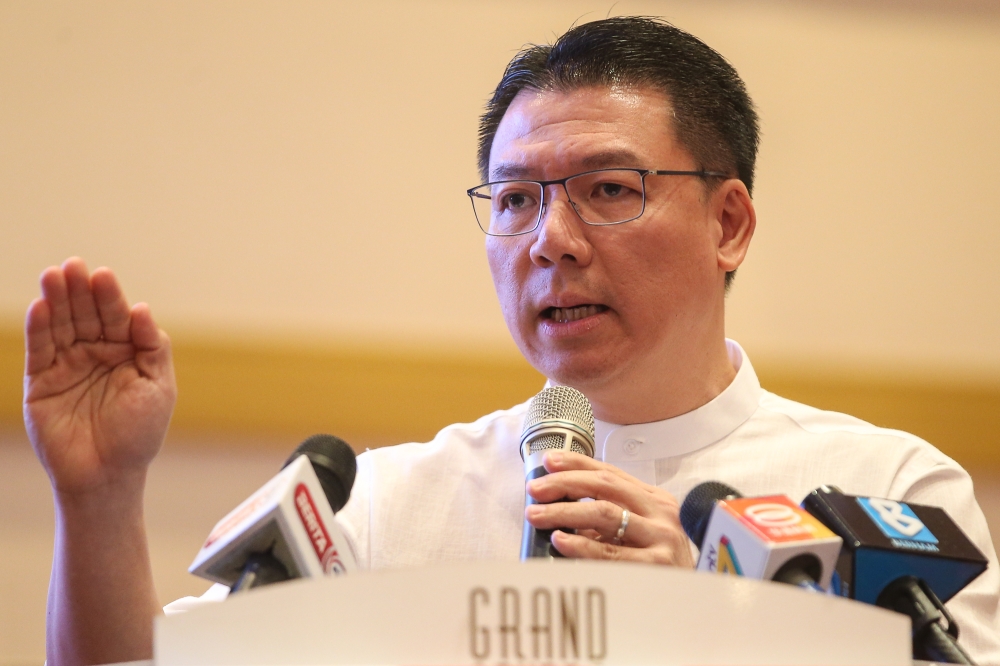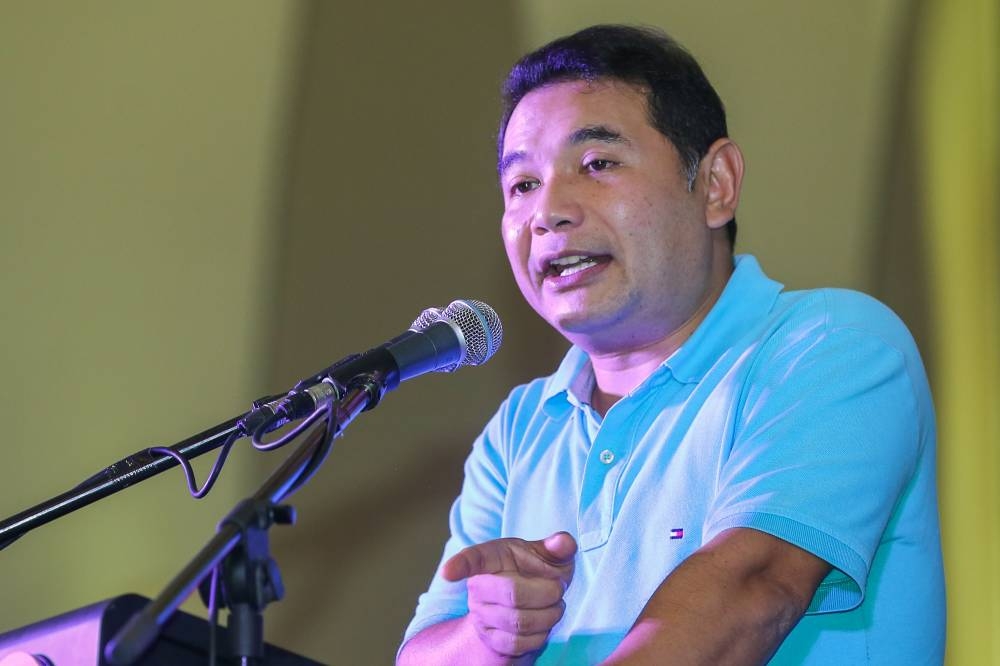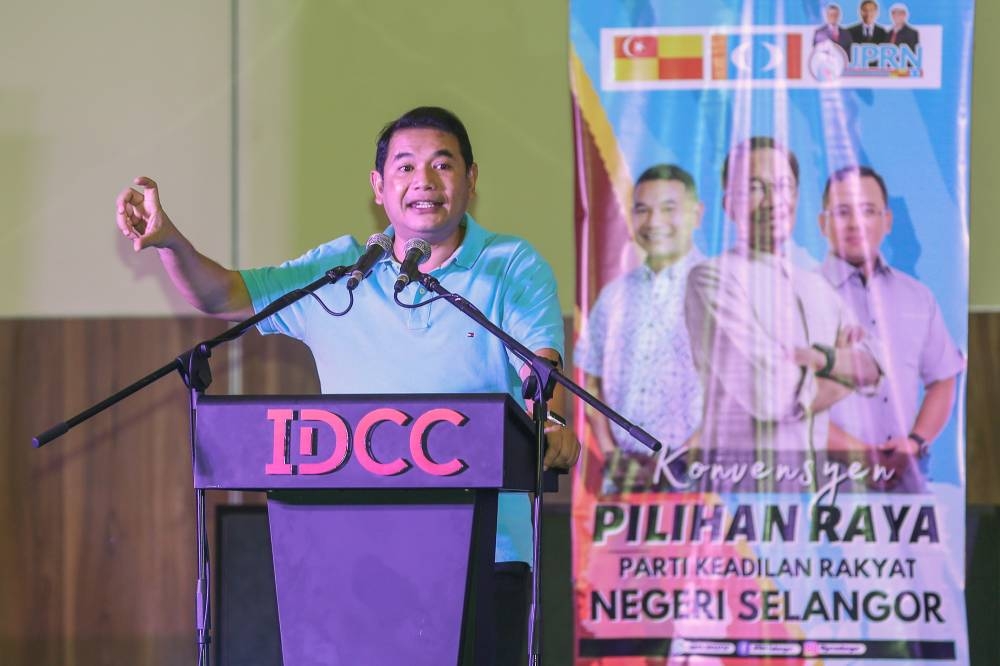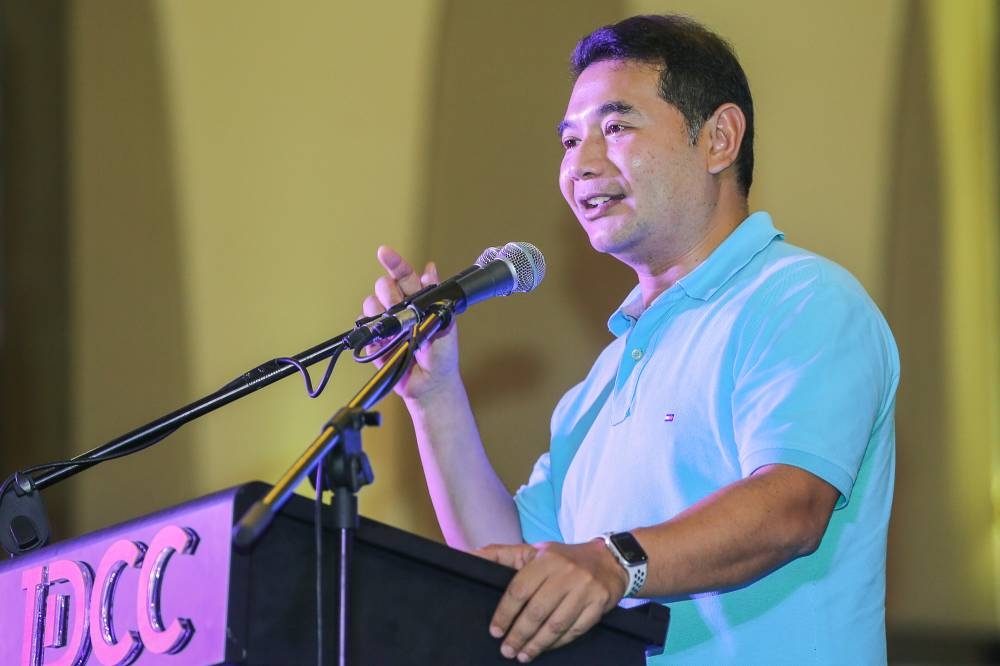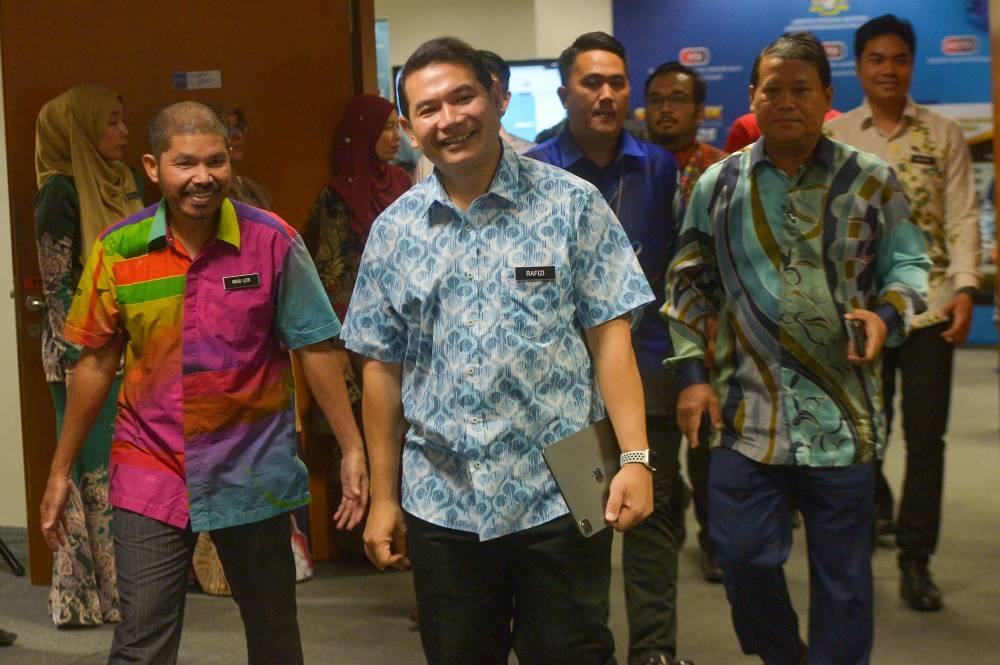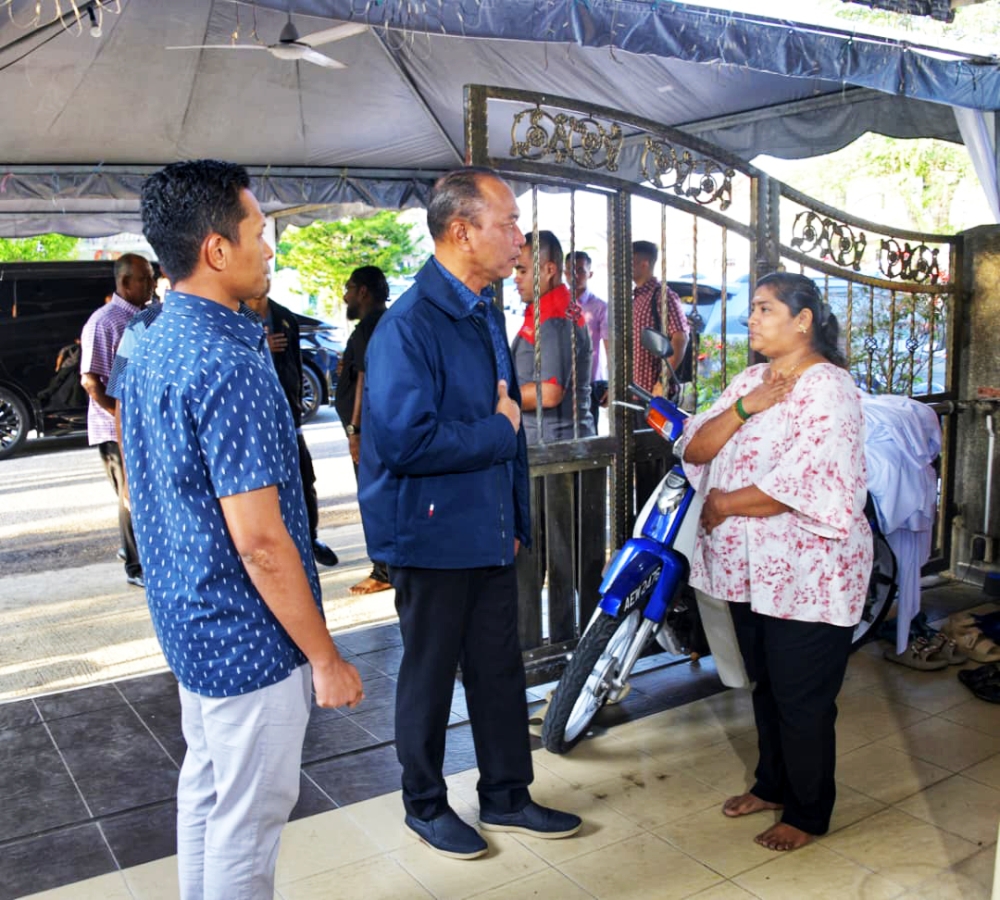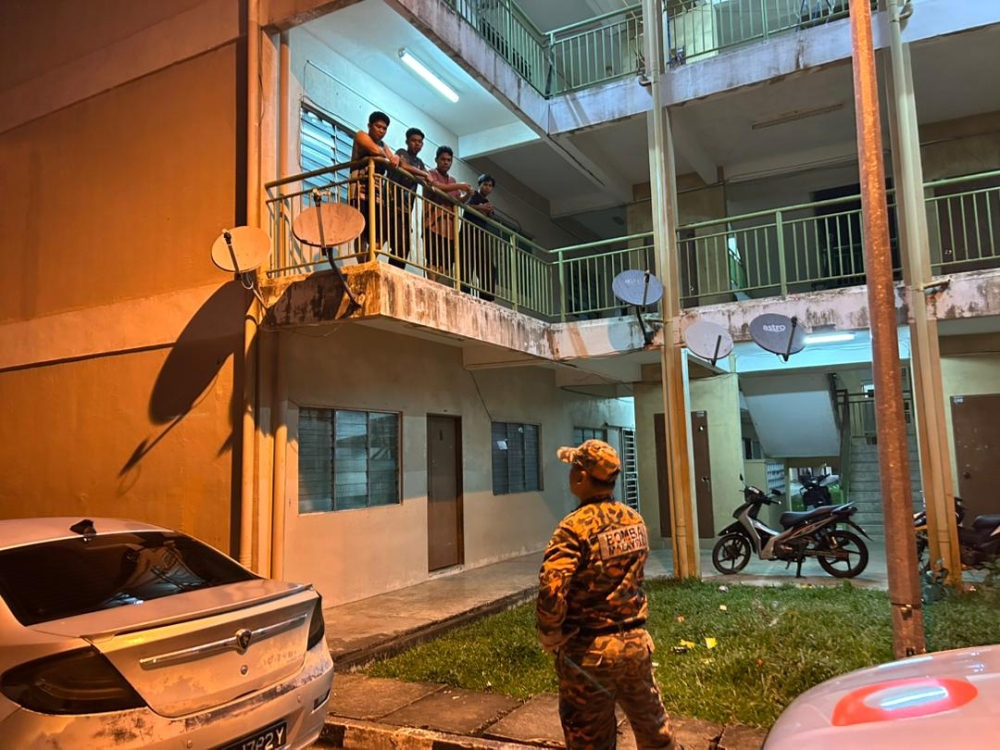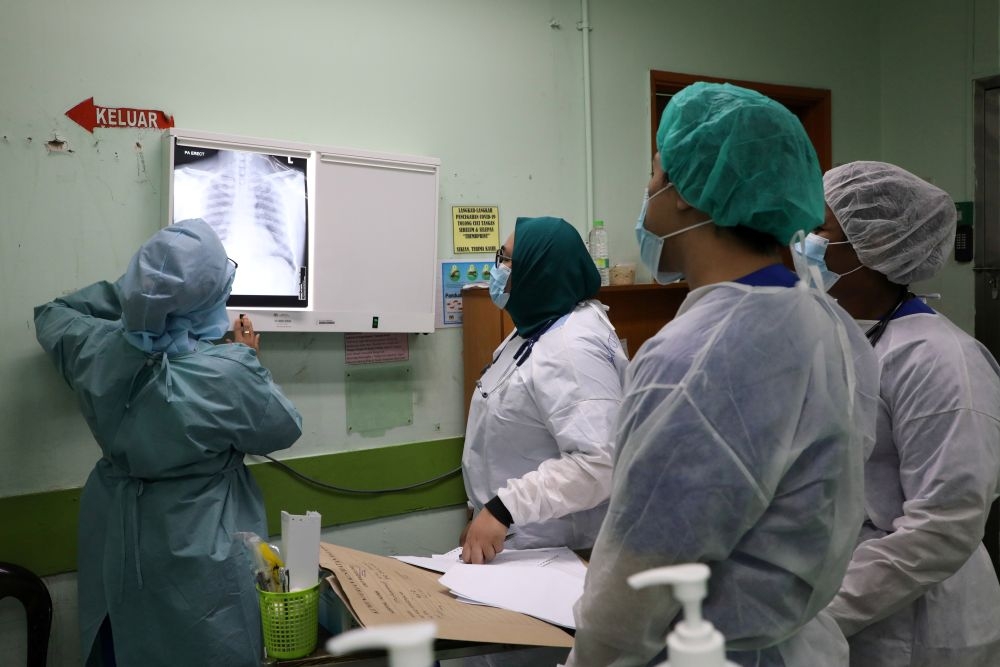SHAH ALAM, Jan 14 — While Pakatan Harapan has accepted Barisan Nasional at the federal level, negotiations between both coalitions for the upcoming state elections have not begun, PKR’s Rafizi Ramli disclosed today.
The PKR number two is keeping close tabs on developments taking place within the BN’s anchor party Umno amid its ongoing general assembly in Kuala Lumpur today, and said any cooperation at the state level depends on what happens next.
“Negotiation for state elections have not started. We do have to make that decision for PH and also on their side, BN has to do that too.
“Entering into the state elections, working with BN, I think that depends on the development within Umno because they are currently going through their general assembly.
“The likelihood of elections, that is out of our control,” Rafizi told reporters during the Selangor PKR convention here.
He added that regardless of what transpires at Umno next, PH will continue its preparations to ensure that it will retain all three states it currently helms – Penang, Selangor and Negri Sembilan.
“Like for Kedah, PH also needs to defend its traditional seats. PKR has five seats, DAP has one or two and so does Amanah,” he said.
Rafizi said he is confident that PH alone will be able to secure 40 out of the 56 seats in the Selangor legislative assembly.
He added that if PH were to combine its strength with BN at the state level, the two coalitions could sweep as many as 53 out of 56 seats in the country’s most developed state.
Rafizi was also asked if PH was concerned it may lose some seats in the state polls due to voters who may be unhappy it is partnering Umno-BN at the federal level.
He said that feedback from the PH grassroots have shown that its supporters are largely fine with the federal “unity government” formed after the post-GE15 deadlock.
“I think it will take time, but we will be able to see the transferability of votes in the next three or four months.
“As for the BN side, I don't want to interfere. We also have our challenges.
“But as I said, the biggest factor is in the performance of the central government,” he said.
He noted that voters in states like Penang and Negri Sembilan are more likely to cast their ballots based on how the local economy performs.
The mandates for six states in Malaysia will expire this year.
Apart from the three mentioned, the remainder are Kedah, Kelantan, and Terengganu controlled by PAS, which is now a component party of the Perikatan Nasional coalition.
The first of the six state assemblies to expire is Kelantan on June 9, followed by Penang on August 2, Selangor on August 26, Terengganu on September 1, Negri Sembilan on September 2, and Kedah on September 4.








